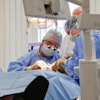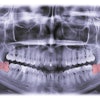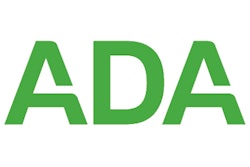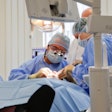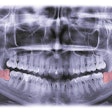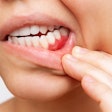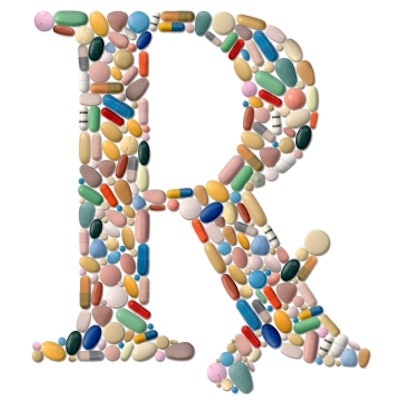
Dentists and other dental specialists wrote about 9 million antibiotic prescriptions to patients during a three-year period despite growing concerns of antibiotic resistance, according to a study published in the Journal of the American Dental Association.
Dental specialists, specifically, prescribed a steady stream of antibiotic prescriptions, writing them for 2.4 million to 38 million patients over three years. Of those specialists, clinicians in oral and maxillofacial surgery, periodontics, and endodontics wrote the most, the findings showed.
"Antibiotic prescribing practices for dental specialists remained stable," wrote the authors, led by Michael J. Durkin, MD, an assistant professor at the division of infectious diseases at Washington University School of Medicine in St. Louis (JADA, October 2019, Vol. 150:10, pp. 846-853.e5).
As antibiotic-resistant bacteria remain major healthcare concerns in the U.S., improving prescribing habits over time continues to be a priority. Despite calls from the U.S. Centers for Disease Control and Prevention to write fewer prescriptions and new research that shows about 80% of prophylactic antibiotics are unnecessary, the study findings suggest that public health efforts are doing little to change prescription-writing habits.
The researchers evaluated the prescribing habits of dental specialists to determine whether they were writing fewer prescriptions, since little data about their practices exist, the authors wrote.
They reviewed outpatient antibiotic prescriptions that were written by dental specialists between January 1, 2013, and December 31, 2015. The data were obtained from the U.S. pharmacy benefits manager Express Scripts.
Though general dentists prescribe about three times as many antibiotics as specialists, the researchers found the habits of those working in specialties compelling. The overall rates of antibiotic prescriptions remained stable in each of the nine dental specialties analyzed.
| No. of antibiotic prescriptions written by each dental specialty between 2013 and 2015 | |||||||||
| Dental specialty | 2013 | 2014 | 2015 | ||||||
| Dental public health | 5,730 | 5,639 | 5,457 | ||||||
| Endodontics | 151,339 | 148,184 | 147,839 | ||||||
| Oral & maxillofacial pathology | 31,591 | 30,285 | 30,580 | ||||||
| Oral & maxillofacial radiology | 576 | 618 | 601 | ||||||
| Oral & maxillofacial surgery | 387,625 | 390,423 | 394,056 | ||||||
| Orthodontics & dentofacial orthopedics | 3,768 | 3,729 | 3,294 | ||||||
| Pediatric dentistry | 26,942 | 26,646 | 25,847 | ||||||
| Periodontics | 178,117 | 175,830 | 173,091 | ||||||
| Prosthodontics | 18,228 | 18,143 | 18,337 | ||||||
Practitioners from oral and maxillofacial surgery, periodontics, and endodontics accounted for about 90% of prescriptions among dental specialists, the researchers found.
Furthermore, they observed some seasonal variations in antibiotic prescribing among pediatric dentists and orthodontists. These trends may be related to inappropriate treatment of viral respiratory conditions, according to the authors.
The study had several limitations, including that the database used only accounted for prescriptions purchased through insurance. Therefore, the number of prescriptions may be underrepresented because it doesn't include those who paid out of pocket. Also, the researchers could not evaluate the appropriateness of each prescription.
Further studies that look at the appropriateness and motivation behind the prescribing of dental specialists should be completed, the group recommended. Better understanding of their prescribing habits can help determine more specific targets for intervention, they added.
"Public health efforts are needed to improve antibiotic prescribing among dental specialties," the authors concluded.


